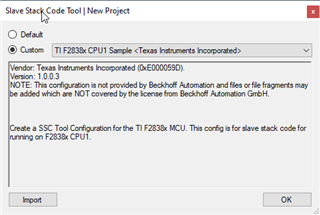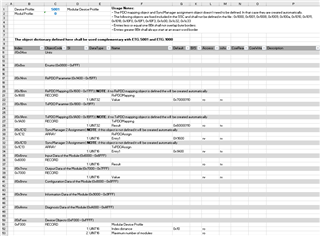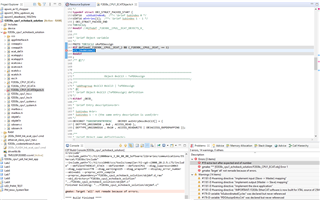Hi everyone,
I am fairly new with EtherCAT and C2000 uC and I have some questions about EtherCAT using the F2838D. I went through the EtherCAT examples in C2000Ware libraries. The f2838x_cpu1_echoback_solution works well.
Now, I would like change the PDO based on my application. Let's say I want to send 2x int_16 and receive 2x int_16 variables from my TwinCAT Master, what is the easiest way to do so?
From my understanding we start with SSC by creating a new project and importing the XML file f2838x_ssc_config that is already containing the PDO. How can I generate the same kind of file? Do I need to manually edit this XML to fit my application?
Also what is the difference between: TI F2838x CPU1 Sample (include Sample Application) and TI F2838x CPU1 Sample ? The "Sample Application" is generated to be imported in ccs?

Thank you





